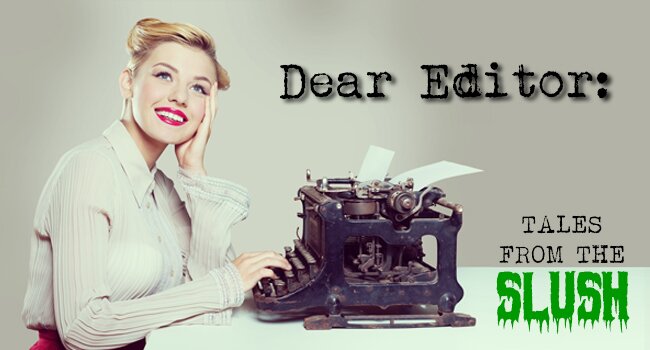
Dear Editor,
Regardless of one’s culture, religion, tradition, belief or custom, many of us exist with a slightly empty feeling. Physicians have tried to fill this emptiness for us with anti-depressants and other medications. But look in any bookstore. You will see the evidence of what I call “widespread anti-depressant failure.” The shelves resemble a stone wall full of books that target self-improvement and enlightenment, such as:
Breathing Your Way to Bliss Without Hyperventilating
One Foot in Front of the Other: Walking Affirmations (with a complimentary treadmill bookstand, also available as an MP3)
Angel Kisses and More Unusual Things They Do
The Bible: Another Even More Even Newer Look for Today’s World and Tomorrow’s
Confronting Idiocy (no mirror required)
A New Kind of Rush Hour Expletive: Exploring the Strength and Creativity of Swearing
The Quiet Scream; a journal of prompts for the persistently ignored
The selections are exhaustive, and without assistance readers can easily buy a title that does not fully meet their needs. Book jacket descriptions for these works are too frequently obtuse. For example, here is a typically helpful sounding but confusing excerpt from the jacket of The Labyrinth of Hope:
How do readers determine if the contents of a specific book will meet their needs? Not by book jacket description (as illustrated above), nor by scratching their heads in confusion. That is why I have written The Self-Help Seeker’s Guide for the Self-Help Seeker: a manual for analyzing book jacket jargon. It is a small volume, and I envision it marketed somewhat like a Spark’s or Cliff’s Notes publication, displayed on the shelf one first sees when entering the self-help and New Age book display aisle.
At first, this was a difficult book to compile, considering the many book jackets I had to read with their clichés and overly extended metaphors. Eventually, I noticed the commonality I that I suspected, and my work flowed more smoothly because of it. I think it is the ultimate self-help book of our time.
The Guide is not intended to discourage book sales. I urge you to reference any self-help or New Age volume on your personal shelf. You will find that if you had used my Guide, you would probably have picked an additional title to better address your needs. That is why you (along with everyone else) still feel so lousy. Attempts at self-help are never complete, but they can be more focused.
Yours, Helpfully,
Neo Puscaglia

